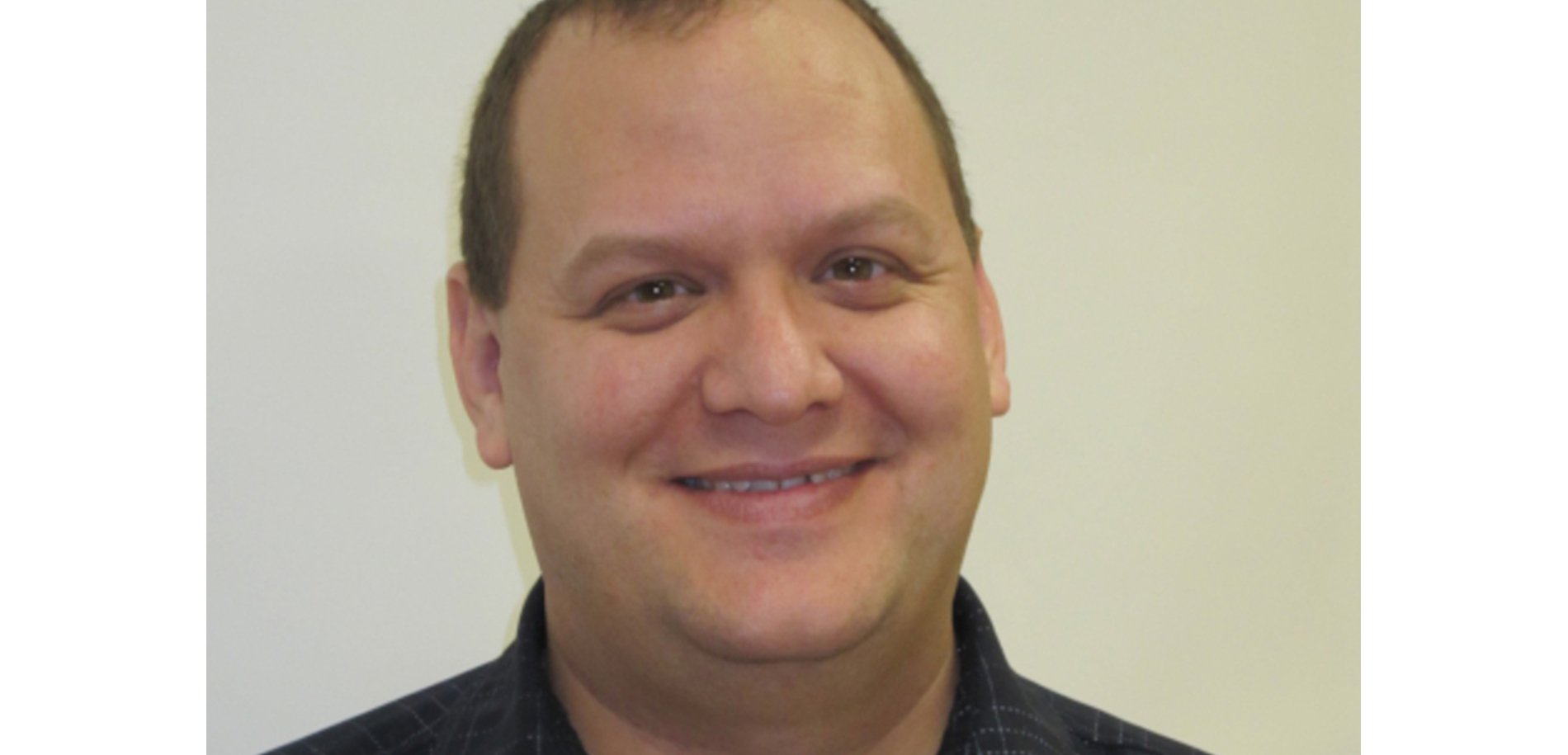First aid training for caregivers: prevent to reassure
Interview with Jacques Durand, Heart and Stroke Foundation master instructor and ASSTSAS certified instructor. He also offers PDSB (principles for moving clients safely).
Interview with Jacques Durand, Heart and Stroke Foundation master instructor and ASSTSAS certified instructor. He also offers PDSB (principles for moving clients safely).

I was a caregiver to my father. In fact, my mother was more involved, so my sister and I gave my mother a helping hand really. After the diagnosis of ALS was made, the disease progressed very quickly. Those four months were very intense. During that time, we received help from the CLSC, especially equipment, but we did not really receive more information on the disease, its progression, the changes that would produce, the actions to take, the reflexes to have when moving my dad... We did the best we could.
That’s when I realized that caregivers had needs. Structures existed, of course, but they did not have the time to explain them, to show them, that is not their mandate.
As a first aid instructor, I had been asked for a segment dedicated to caregivers. While I may not have seen the relevance at first, my understanding gradually grew given my own experience. Some time after, ALS-Quebec contacted me about a workshop designed to train caregivers to teach them how to move their loved one, knowing that their conditions can change very quickly. One thing led to another and many other organizations needed my services. For several years, I have been a PDSB instructor.
For caregivers, the needs are enormous: get up, sit down, get into and out of the bath, turn over in bed... So many daily actions that may seem trivial but that can also become very problematic depending on the progression of the disease or the loss of autonomy that the care receivers are experiencing. One of the trainings that I provide is 16 hours, during which we take the time to perform these basic daily actions properly and safely.
In another workshop, I also teach participants first aid actions to help a person who is choking, for example, which is very common in people with ALS. Many myths persist – no, we don’t put butter on a burn! – and I’m working to debunk them.
I start with a common case, for example choking on food. That can happen to anyone. I give the participants time to practice and gradually we specify, for example, what to do when a person is overweight, pregnant, has an abdominal hernia, etc. We progressively move toward the medical and toward subjects that caregivers may find more delicate to talk about. Very often, it is a reality that they have not yet experienced, so you have to go step by step. I try to prepare them for the worst, knowing that they may not be able to reproduce the actions. When something serious happens to a loved one, there can be a block, we can freeze and be unable to help. I also try to prepare them for that reaction, so that they do not feel guilty if it happens or if they feel like they did not take the right action.
Caregivers of seniors, yes, but also young families with children with disabilities for example, in vacation camps or respite services offered for people living with a disability or reduced mobility. Caregivers, regardless of their situation, are difficult to reach. So, I promote my programs, I work with people who work with caregivers. My goal is not to take them away from the network of these organizations, but to complement their actions. If a caregiver gets injured, then there are now two people who need support.
So, my goal is to teach caregivers to take the proper actions and for them to be reassured and in control when they help their loved one.
At the end of the day, my approach focuses more on prevention than on first aid: Do no harm and do not get hurt: that’s my guideline.
Jacques Durand offers 4-, 8- and 16-hour workshops based on your needs, whether first aid or PDSB. For more information on the trainings provided by Jacques Durand: formationjacquesdurand.com.
Need to talk?
Contact our Caregiver Support Helpline for counselling, information and referrals.
Every day from 8 a.m. to 8 p.m.
Free of charge.